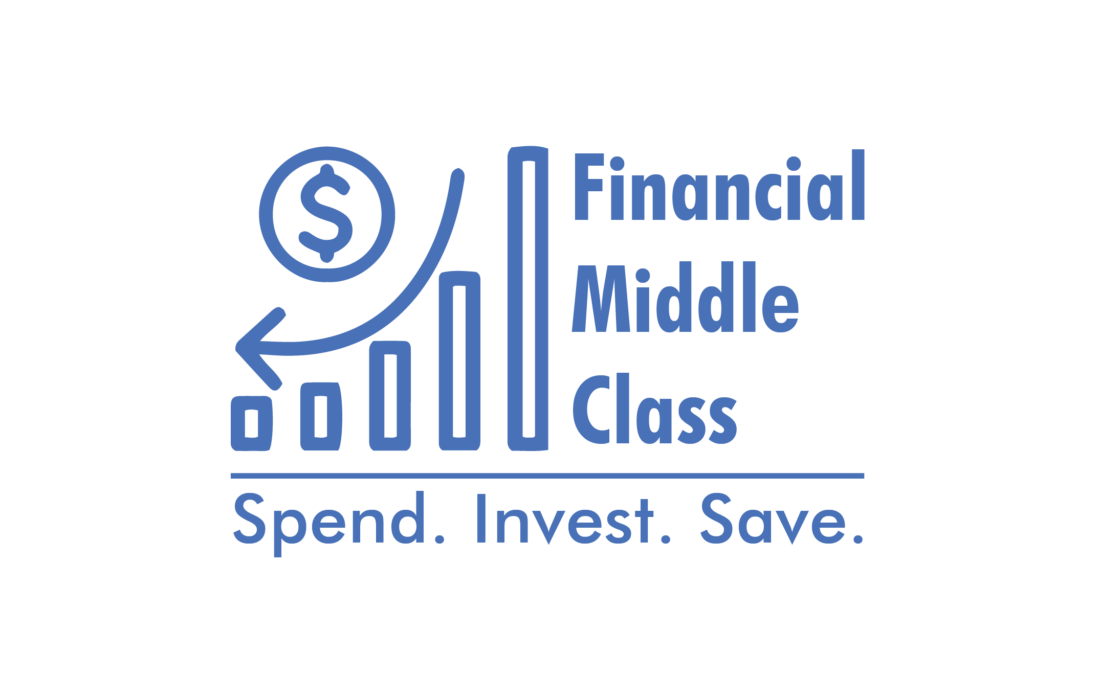Savings is an expense. Seeing it any other way can delay economic mobility, sometimes permanently. Even financially literate individuals sometimes see savings as an afterthought.
Status Quo
The status quo is to analyze cash inflows and expenditures, then save or invest the residual income. To buy a home, fund college funds for the kids, or start a business, you have to start categorizing your savings as an expense, just like the Netflix and utility bills.
The millennial generation, people between the ages of 25 and 40, has already been through significant financial shocks– the Great Recession and the Covid-19 pandemic. A lot of their dreams, including becoming a homeowner, have already been postponed.
Everyone can economically benefit by including savings in their personal finance budget, most importantly, the millennials.
Budgeting
A personal budget will track your take-home pay (disposable income) and expenses. At the end of each month, your paychecks minus your expenses should equal $0. Most importantly, savings need to be the first bill that you pay each month
Regardless of how much you earn, you need to figure out a way to save and invest.
The goal is to build an emergency fund then start saving for other major financial goals, including homeownership which is a great way to improve your economic well-being.
Save for Emergency fund.
Before focusing on savings for a house, vacation, or startup, you need to build your emergency fund. Creating and tracking your personal budget will give you an idea of how big your savings expense can be.
It would help if you allocated the percentage of the income you can save into building your emergency.
You can stop adding more money into your emergency account once you have 3 to 6 months of expenses in it. If you are in a niche field, you should consider putting 6 to 12 months of expenses in your emergency fund.
Money market accounts, short-term certificates of deposit (CDs), and U.S. Treasury bills are appropriate investments for your emergency fund.
Save for House, Vacation & More
According to Zillow, the median home sales is $374 900 as of the second quarter of 2021. A typical homebuyer will need to save $82,478, factoring in a 20% down payment and 2% closing costs.
Paying for a vacation with a credit card will like double or triple the cost of that vacation. The average credit card interest rate stands currently at 19%.
Once you are done building your emergency fund, you need to make a habit of saving for everything else to cut back on financing costs and achieve financial freedom.
Save for Retirement
Investing or saving for retirement is also an expense. Most employers give you an option or options either through 401(k), 403(b), or 457 to invest tax-free before your paycheck gets to your checking accounts. It would be best if you full advantage of those options.
Conclusion
The bottom line is savings is an expense, just like the Netflix and utility bills. You have to find ways to save regardless of your disposable income. Saving is truly the only way you can climb the economic ladder and improver your financial well-being.
